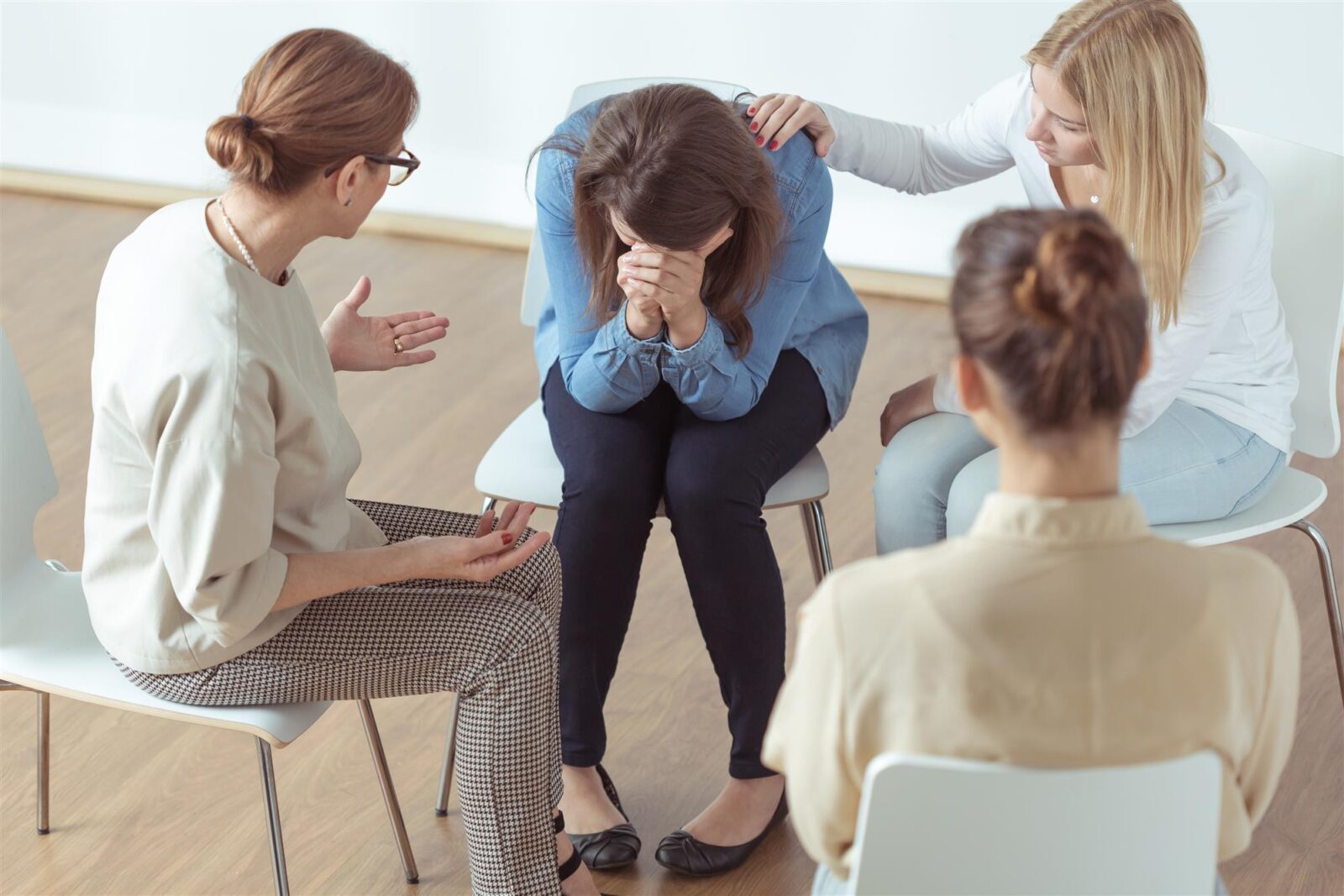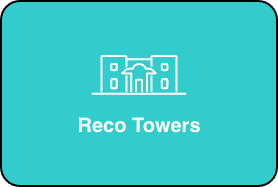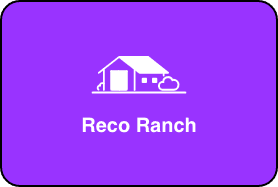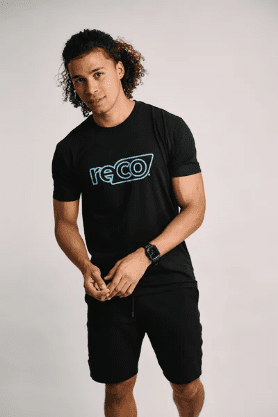Why a Strong Support System Is Essential to Lasting Recovery

In 2011, the National Institute on Drug Abuse estimated that more than 21 million Americans needed treatment for substance abuse disorders.1 Despite this high number, being in the early stages of recovery from addiction can make you feel like you’re completely alone. One way to get help on your journey to Florida sober living is to have a strong support system.
Why You Need a Support System
Every stage of recovery has its challenges. By having a positive support system, you can reap many benefits. Not only will having support help you avoid relapse by helping you cope with stress and triggers, but it can also promote a greater sense of well-being and empower you to continue on the path of recovery.
Healthy People, Healthy Outlook
With a positive support system, those around you can help you look forward to a healthier lifestyle, and keep you focused on recovery as you learn how to avoid triggers. Your system is also about peer influence—the positive kind, where your supporters encourage healthy behaviors and making healthy decisions.
A Better Way to Deal with Emotions
Recovery can include experiencing a variety of emotions, many of which can trigger a relapse. A strong support network can give you a healthy place to turn to. Instead of using drugs, your network can help you find healthy and constructive ways to deal with what you are feeling.
Building or Rebuilding Your Support Network
If substance abuse has isolated you from family and former friends, finding people who will support you in your recovery can seem difficult or impossible. However, the reality is that there are many people who will be willing to. The first thing to do will be to figure out who you need in your support system.
Know Who Will Help You
Knowing who you need in your support system at your current stage of recovery can be difficult. Because you’re making the transition from using drugs to sobriety, you may miss the feeling of hanging out with friends who used, too. Although it may seem like a good idea to include them in your network, the truth is that, in order to remain on the positive path you’re on, you will need to distance yourself from this old crowd.
Understand What Kind of Support You Need
Now that you know who not to include in your social life, you can concentrate on identifying your needs. Do you need someone to be there and listen without judgment? Maybe you’d like to be reminded when you start exhibiting old behaviors. Whatever it is, write it down.
Collecting the Right Information
Many members of your support system will not understand what you’re going through as someone in recovery. This is why it’s so important to educate them about it. Be straightforward about what you’re dealing with at this stage in your recovery, and what you’ll need to maintain sobriety. Encourage them to learn more about how to support a recovering drug addict, including options for treatment. Point them to addiction resource websites and books so they can educate themselves about what those in recovery typically experience.
Approaching People


Your next step will be to find someone you want to include in your system and be specific about what you want from them when you ask. If you’ve identified what you need, this will be a bit easier to do.
However, approaching those with whom you’ve had difficult interactions in the past because of your addiction may be much harder. It requires a lot of patience on your part as your loved ones learn how to help you. While you’re at it, be patient with yourself and understand that you need time to learn, too.
You’ll also want to be prepared to encourage your supporters with positive reinforcement. Thank them for doing things for you, and express your appreciation for how well they’re learning to help you. When they feel motivated to continue learning, they will become better supporters.
Other Means of Support
In addition to developing a system that includes family and friends, there are also other ways to get the support you need.
12-Step Programs
12-step programs like Narcotics Anonymous (NA) have been proven to be effective for those going through recovery, as these provide the opportunity to be among others who are dealing with the same things as you are. One of the key components to a successful recovery in a 12-step setting is to find a sponsor—someone who will guide you through the steps.
A sponsor is a mentor, confidant, and coach. As such, the sponsor you choose should be someone whom you admire, a veteran who has faced and overcome many challenges during their recovery. While it can be awkward to approach a stranger and ask them to sponsor you, the majority of seasoned program members will be both happy and honored to do so.
It’s important to remember that your sponsor should also be someone with whom you have a rapport and are comfortable with. This person should not be someone you find romantically attractive, but someone of the same sex who will help you maintain your focus on the program.
When considering a sponsor, remember that a different perspective can make a significant difference to your recovery. You may need to interview a few potential sponsors before finding the right one for you, and may even be turned down. However, remember that a potential sponsor has to feel comfortable with you as well. It’s all a part of the process.
Individual Counseling
Whatever form of treatment you may be receiving, there is typically help available via the services of individual counselors. This kind of one-on-one interaction can help you confirm your commitment to recovery and ensure that your recovery plan continues to stay on track.
Sober Living
Another way to get the support you need to maintain sobriety is to find sober living communities in Florida. These properties house residents who are in addiction recovery and the benefits of living in this environment are many. Offering a transition between treatment and independent living, sober communities empower their residents to continue their journey as they receive assistance via intensive outpatient treatment.


Sober living facilities provide those in recovery with the opportunity to explore and enjoy positive and healthy living and provide residents with the tools they need to maintain their sobriety once their stay is concluded.
What Is Intensive Outpatient Treatment?
Intensive outpatient programs, or IOPs, involve treating the mind, body, and spirit for addiction via group therapy, medical and behavioral treatment, as well as family therapy and individual counseling. The program doesn’t require individuals to remain at a treatment center; instead, they can continue to meet their family, work, or school obligations as they participate in the program.
IOPs help those who find themselves overwhelmed by the many complex emotions and difficult situations associated with sobriety. Many professionals, including therapists and health technicians, work together to help you heal and recover. These programs teach participants to not only prevent relapse but also to rebuild family relationships and use learned skills to continue making healthy choices.
Getting Help for Your Addiction
There is simply no substitute for a strong support system when you are recovering from addiction. Thanks to programs like RECO Intensive, there’s no need to feel like you are alone in your journey. Our clients receive continuous treatment to help address the remnants of addiction as they build new paths to a healthier life.
Participation in the RECO Intensive Outpatient Program is a required component of residing in sober living apartments and is the ideal complement to treatment. If you or someone you love is ready to enter the next stage of their recovery, RECO Institute can help. Contact us to learn more about the addiction treatment recovery options we offer: 1-844-900-RECO.
Sources:















